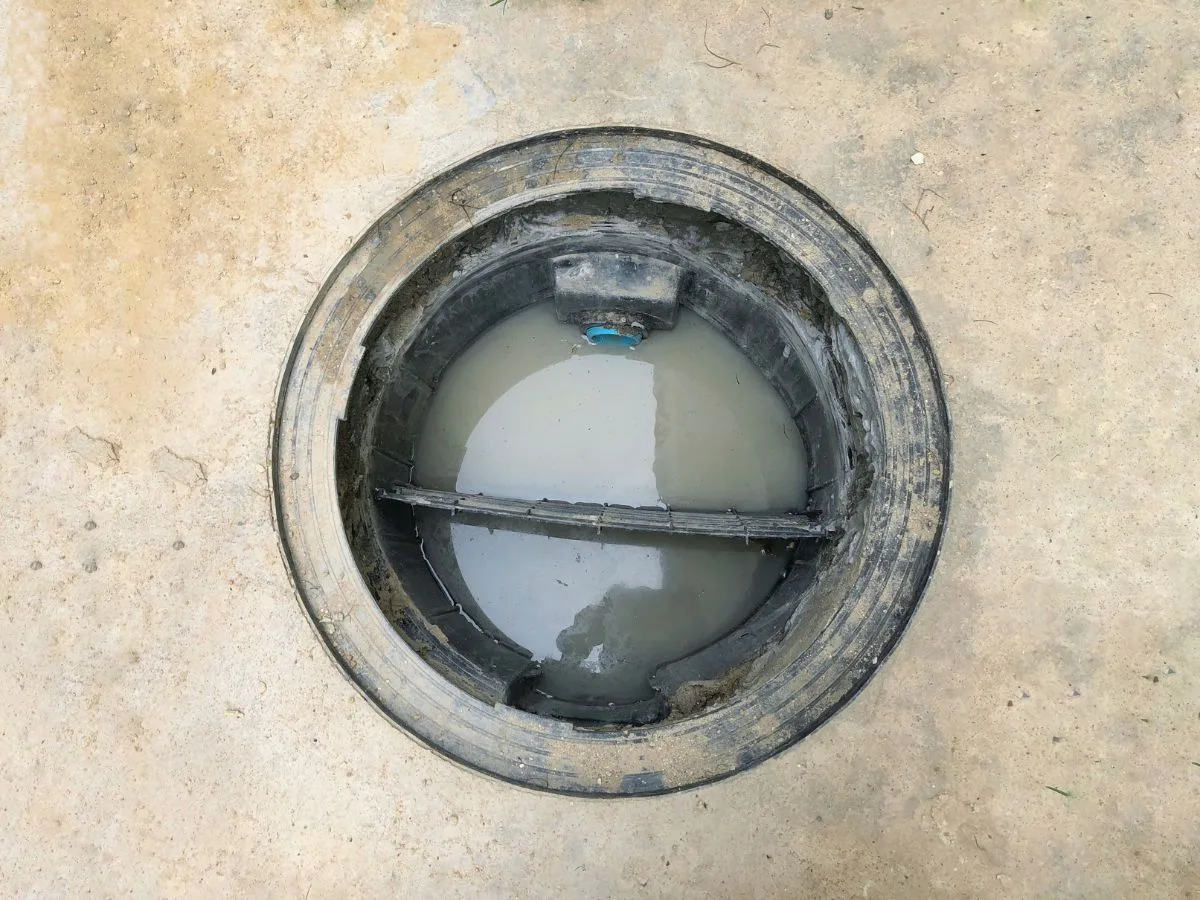We Install and Maintain Commercial Grease Traps

Parker Plumbing provides grease trap installation across the Ipswich and Brisbane areas. We clean, service, repair and replace grease traps for both commercial and residential clients.
Grease traps are an important part of keeping our sewerage systems functioning. Grease, oil and fats can solidify in pipes, causing blockages that are difficult to shift. To prevent that, most local councils require grease traps to be installed and regularly pumped and maintained.
Grease traps are an effective way to catch grease, oil and other contaminants before they go down the drain. The only challenge is that they need to be cleaned at regular intervals.
The team at Parker Plumbing are Brisbane’s experts in grease trap servicing and installations. If your home or business has a grease trap, we can come to you and clean out the system. We use powerful vacuum pumps to remove grease and the contents of the trap. We’ll also scrape and clean down the inside of the trap and make sure everything is working properly.
A grease trap is a drain system that prevents grease, oil and liquid fats from entering the sewerage system. The trap does this by slowing down the flow of water. Grease and fats are allowed to float to the top of the water, and the uncontaminated water is allowed to drain away.
Because they trap grease and oils, grease traps need to be cleaned on a regular basis. This involves opening the trap, vacuuming and/or scraping out the contents, and checking that the system is flowing properly. Our plumbing services include grease trap cleaning Ipswich wide and can take care of this task on your behalf.
Residential and commercial kitchen work is a major cause of waste, especially liquid waste. Lots of oil, grease and dirty water pass through the drain every single day. This can be disastrous to your plumbing, and cause problems that cost a lot of money to handle.
Oil, grease and liquid fat can clog the pipes and sewer lines in a neighbourhood. For this reason, you should avoid pouring these types of substances down the drain. No matter how careful you are though, some amount of oil and grease will end up in your pipes.
Grease traps are designed to prevent oily build ups that can clog your pipes and damage council infrastructure. They’re simple, affordable and easy to clean with help from the team at Parker Plumbing!
Not all homes and businesses have a grease trap. If you aren’t connected to council sewerage, you’ll need a grease trap to prevent grease and oil from blocking your septic system and underground drain fields.
Parker Plumbing is equipped to provide grease trap installation across Brisbane and Ipswich. We install grease traps for homes and businesses to ensure you’re dealing with your waste water appropriately.
Installing a new grease trap is a big project. The trap needs to be sized to suit your property, how you use your kitchen, and local council’s requirements. We’ll work with you to choose the right system and get your grease trap installed quickly.
Once your grease trap is installed, Parker Plumbing also provides grease trap cleaning Ipswich wide. We’re happy to set up a cleaning schedule where we visit your property regularly to clean the trap and make sure it’s functioning perfectly.
Residential grease traps typically need to be cleaned every 6-12 months. The frequency of cleaning depends on the size of the trap and how many people are using the plumbing in your home.
Here’s a rough guide to how often you need grease trap cleaning:
If you run a business, you’ll probably need to have your grease trap cleaned every 3 months. The frequency of cleaning depends on the size of your business and the size of your grease trap.
If you don’t have your grease trap cleaned on time, you could be hit with fines from the local council, so make sure you call Parker Plumbing before that happens.
Get in touch with the Parker Plumbing team if you’re unsure how often your grease trap needs to be cleaned. We’re happy to visit your property, assess your system and develop a cleaning schedule.
If you suspect your grease trap needs maintenance, the best course of action is to contact Parker Plumbing. However, we understand the appeal of tackling it yourself. Here are a few tips to help:
By following these guidelines, you can help maintain your grease trap and ensure smooth commercial operations.
A grease trap is a plumbing device designed to separate grease, oil, and food particles from water before it enters the sewer system. Various types of grease traps and interceptors exist, all achieving the same goal.
As wastewater from your kitchen sink flows into the grease trap, solid food particles settle at the bottom, while lighter grease and oils float to the top. The cleaner water in the middle is then transferred to a secondary tank and subsequently enters the sewer system.
Over time, grease and solids accumulate in the first tank and must be pumped out and disposed of by a trusted contractor. It’s essential to install your grease trap near the kitchen for easy access and maintenance. An experienced commercial plumber will ensure proper placement and installation.
Installing a grease trap involves several key steps:


